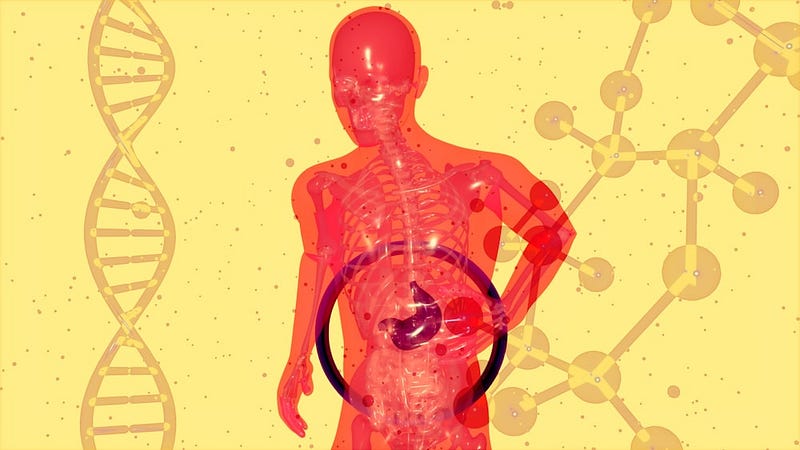Why Exercise Alone Won't Help You Shed Pounds: The Facts
Written on
Understanding Weight Loss Myths
The common belief regarding weight loss is that joining a gym and engaging in regular workouts is essential for shedding pounds. However, this perception is misleading. In this article, we will explore the reasons behind this misconception.

Photo from Unsplash by Huha Inc.
Rethinking Exercise
Research conducted by the National Institutes of Health (NIH) has revealed that exercise should not be viewed as a primary weight loss method. While physical activity enhances overall health, it is not the most efficient approach for weight reduction. This is primarily due to the way our bodies utilize and expend energy.

Photo from Unsplash by Benjamin Klaver.
The Role of Energy in Weight Loss
Physical activity contributes only a small fraction to our total daily calorie expenditure. The three primary mechanisms through which our bodies burn calories are:
- Resting Metabolism
- Food Digestion
- Physical Activity
For many individuals, exercise accounts for just 10–30% of the total energy burned each day. Consequently, the majority of calories burned are a result of resting metabolism. For instance, a study found that a 200-pound (90 kg) man running for one hour, four times a week over 30 days would only lose about 5 pounds (2.2 kg). Ultimately, you have full control over your calorie intake, but only around 30% of those calories can be actively managed through physical activity.

Photo from Unsplash by Julien Tromeur.
Metabolic Adjustments and Findings
Additionally, research indicates that as individuals lose weight, their resting metabolic rate tends to decrease, resulting in reduced energy expenditure while at rest. Investigators traveled to Tanzania to study the Hadza tribe, a group of hunter-gatherers, and discovered minimal differences in energy expenditure between them and the average adult in the U.S. or Europe, despite vastly different lifestyles. The Hadza conserve energy in their daily routines, which raises the question: how do they maintain their slim physiques? The answer lies in their dietary habits; they simply do not overeat.

Photo from Unsplash by Junior REIS.
Final Thoughts on Weight Loss Strategies
These insights suggest that exercise should complement a weight loss plan centered around dietary choices rather than serve as the main strategy. For instance, it reportedly takes about an hour of running to burn off a Big Mac and fries, an hour of vigorous dancing to offset three glasses of wine, or an hour of intense cycling to eliminate two donuts.

Photo from Unsplash by Helena Lopes.
Chapter 2: Exploring the Science Behind Weight Loss
In this insightful video, "The Science is In: Exercise Isn't the Best Way to Lose Weight," experts discuss the reasons why exercise may not be the most effective tool for weight loss.
The second video, "Exercising WON'T Help You Lose Weight: Here's the Science of Why," delves deeper into the scientific explanation of why dietary changes are more crucial than exercise alone for effective weight management.